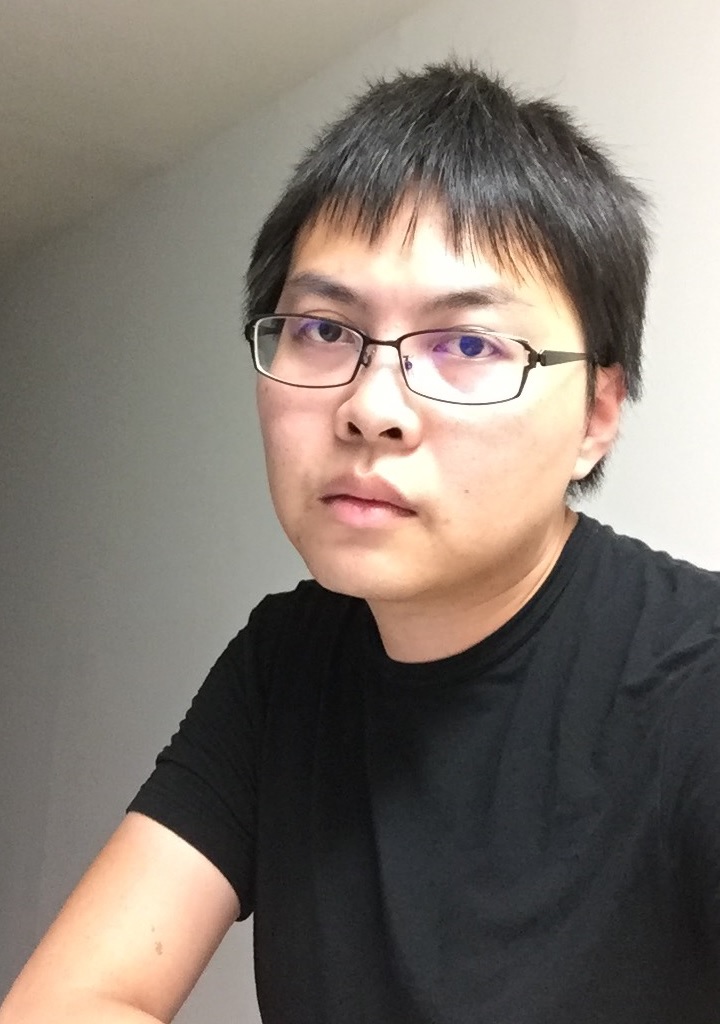Tsung-Jen Liao, Ph.D.
Postdoctoral Intramural Research Training Award Fellow
Translational Science Interagency Fellowship Program
Division of Preclinical Innovation
National Center for Advancing Translational Sciences
National Institutes of Health
Biography

Tsung-Jen Liao, Ph.D.
Tsung-Jen Liao joined NCATS in 2022 through the Translational Science Interagency Fellowship Program to conduct research on developing predictive models for drug-induced liver injury. His interests lie in using computational modeling and high-throughput screening to assist in drug discovery and improve drug safety. Liao joined the TSIF Program because it will provide him with the opportunity to learn translational and regulatory science from mentors in multiple laboratories and approaches to problem-solving with relevance to clinical care..
Prior to joining NCATS, Liao earned his Ph.D. in biophysics, with a focus on cancer biology, in 2021 from the University of Maryland, College Park. His previous research aimed to determine the mechanisms of Ras activation by its upstream regulators and Ras downstream effectors under the mentorship of Dr. Ruth Nussinov at the National Cancer Institute (NCI) at Frederick. During his Ph.D., he published seven papers with five first authorships. He also earned a three-year fellowship, an outstanding graduate assistant award and a dean’s fellowship. After graduation, he turned his interests to immunity-mediated diseases and focusing on drug–protein and drug–gene interactions. Liao is enthusiastic about solving biological problems using computational and experimental methods and believes that his unique interdisciplinary background will contribute to strategies for drug discovery and improvement of clinical treatment.
Select Publications
- Liao T-J, Pan B, Hong H, et al. Whole exome sequencing reveals genetic variants in HLA class II genes associated with transplant-free survival of indeterminate acute liver failure. Clin Transl Gastroenterol. 2022;13(7):e00502. Available from: https://pubmed.ncbi.nlm.nih.gov/35905417
- Liao T-J, Jang H, Fushman D, Nussinov R. SOS1 interacts with Grb2 through regions that induce closed nSH3 conformations. J Chem Phys 2020;153(4):045106. Available from: https://pubmed.ncbi.nlm.nih.gov/32752665
- Liao T-J, Jang H, Nussinov R, Fushman D. High-affinity interactions of the nSH3/cSH3 domains of Grb2 with the C-terminal proline-rich domain of SOS1. J Am Chem Soc. 2020;142(7):3401–3411. Available from: https://pubmed.ncbi.nlm.nih.gov/31970984
- Liao T-J, Jang H, Fushman D, Nussinov R. Allosteric KRas4B can modulate SOS1 fast and slow Ras activation cycles. Biophys J. 2018;115(4):629–641. Available from: https://pubmed.ncbi.nlm.nih.gov/30097175
- Liao T-J, Tsai C-J, Jang H, Fushman D, Nussinov R. RASSF5: An MST activator and tumor suppressor in vivo but opposite in vitro. Curr Opin Struct Biol. 2016;41:217–224. Available from: https://pubmed.ncbi.nlm.nih.gov/27643882


